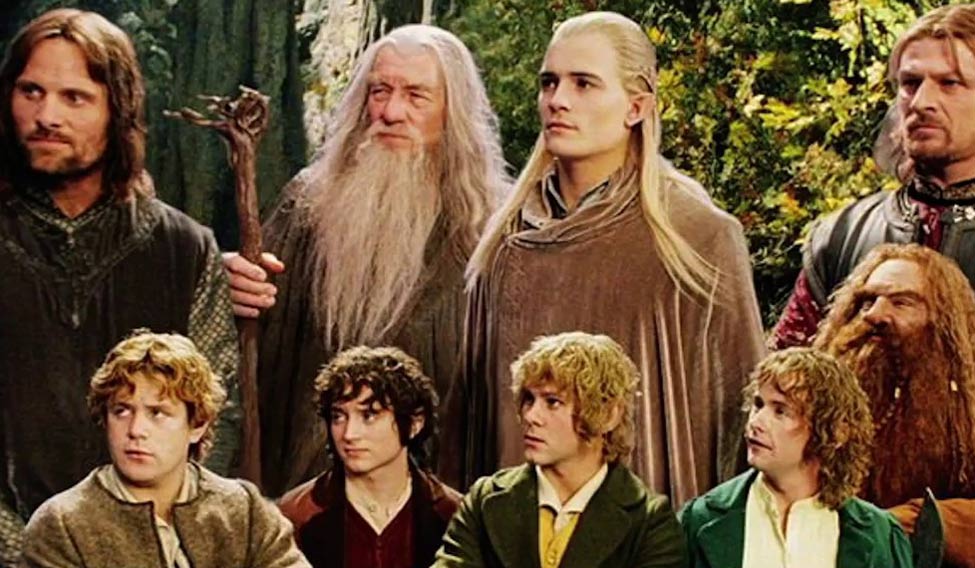Amazon.com Inc has bought the global television rights to The Lord of the Rings, the company said on Monday, in what may be its biggest and most expensive move yet to draw viewers to its streaming and shopping club Prime.
Amazon said it will produce a multi-season series that explores new storylines preceding author J.R.R. Tolkien’s The Fellowship of the Ring, the first installment in the famed fantasy trilogy.
Three movies made of the trilogy in the early 2000s, filmed in New Zealand by director Peter Jackson, garnered nearly $3 billion at the box office and 17 Academy Awards.
Amazon acquired the rights from the Tolkien Estate and Trust but did not say how much it paid for them. The estate, HarperCollins and the films’ distributor New Line Cinema will help Amazon produce the television series.
The project underscores a shift in Amazon’s video programming. Its studio started in 2010 with a focus on unique shows beloved by critics, such as Transparent, about a father coming out as transgender to his family.
That was a winning formula for attracting Hollywood talent, awards and buzz, though not Prime subscribers around the world.
Now, Amazon is looking for a dramatic show that could be a hit globally, much like HBO’s popular fantasy series Game of Thrones. It is going head-to-head with Netflix Inc, Hulu and others to bid for top content.
This puts Amazon in uncharted territory, with higher production costs expected.
Amazon justifies its spending on programming as a way to draw new sign-ups to Prime, whose members buy more goods more often from the world’s largest online retailer.
“Amazon Prime heads to Middle Earth,” chief executive Jeff Bezos said in a Twitter post.
Although The Lord of the Rings is the most famous work to emerge from Tolkien’s pen, he wrote much else, including prequel The Hobbit—also made into a movie trilogy by Jackson—and the denser The Silmarillion. The Amazon series will delve into some of Tolkien’s work that the movies did not explore.
“Amazon is committed to producing super high quality, recognized, branded entertainment,” said Wedbush Securities industry analyst Michael Pachter. “That’s a departure from shows like Transparent and Catastrophe.” “By definition this will be expensive,” he added.
—Reuters





